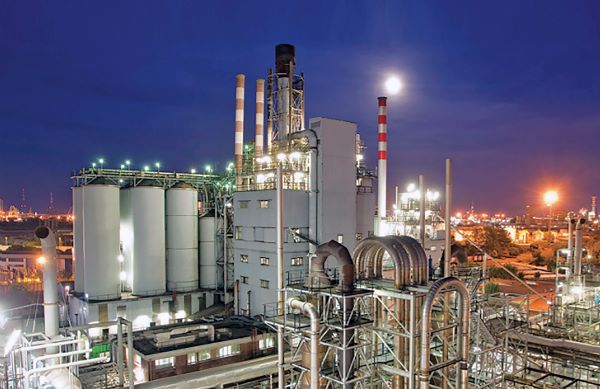
As the European Union eyes a complete ban on carbon black and synthetic rubber imports from Russia in July 2024, the continent continues to taper its dependence on the country for the critical materials. In doing so, supply lines that were casualties of war-torn areas of Ukraine or cut off due to sanctions against Russia have no plans to be reopened.
"The most significant impact on supply chains (in Europe) occurred in 2022, but most supply chains have shifted to new sources and are secure again", Pedro Riveros, of Houston-based Orion S.A., told Rubber News Oct. 20.
Riveros is senior vice president and general manager for global rubber carbon black and the Americas for Orion, one of the major players in the extremely consolidated European carbon black market. When Russia attacked Ukraine in February 2022, the EU imported more than 50 percent of all its carbon black-about 550,000 tons-from its eastern neighbor.
That dependence sits at less than 40 percent today, just three months away from the two-year mark of Russia's invasion and eight months away from the EU Council's ban on Russian carbon black and SR.
Overall, Russia still pushes about 700,000 metric tons of carbon black into the global rubber market annually, according to research firm ChemAnalyst.com.
"The war has led to an EU ban on Russian carbon black that starts next July", Riveros said. "Additionally, there is growing OEM concern with Russian content in the supply chain. This has led to a higher demand for locally sourced carbon black producers in Europe".
The biggest user of carbon black in the EU is Germany, which is where the vast majority of Europe's automotive production takes place. Second in CB consumption is France, then Italy, according to ChemAnalyst.com.
"Since the start of the war, customers have been transitioning away from Russian raw materials, including carbon black," said Tom Miller, vice president and general manager of Cabot Corp.'s Global Tire division. "This transition is continuing with increased urgency as the sanctions deadline approaches in 2024".
With six carbon black manufacturing facilities across Europe, Orion is well-positioned to benefit from customers' increased dependence on European producers. In February 2022, Orion opened a new production line in Ravenna, Italy, for specialty carbon black production. The 25-kiloton manufacturing site for technical rubber carbon black is "mainly for the European market" and will offer customers "long-term and strategic solutions", according to Orion. The company's largest carbon black plant is in Cologne, Germany. Orion also has sites in Berre-l'Etang, France; Malmo, Sweden; and Jaslo, Poland-its eastern-most plant.
In addition, Orion maintains a joint venture in Dortmund, Germany. Other major carbon black producers in the European market include Cabot, Mitsubishi Chemical Corp., Omsk Carbon Group and Imersys Graphite and Carbon. And as automotive production increases once again following the pandemic and subsequent destocking, the need for carbon black for tires will increase, according to Cabot's Miller. Like many manufacturers, overbuying and inventory surplus took place with OEs, as well.